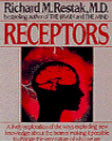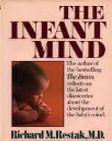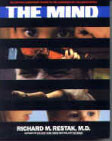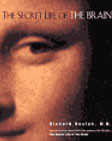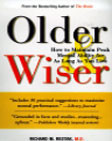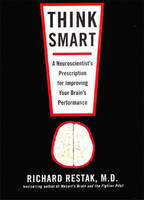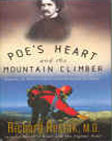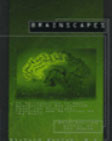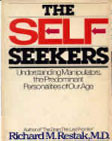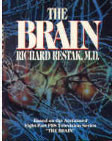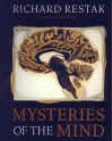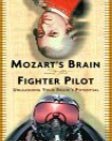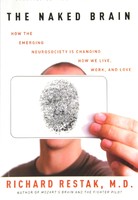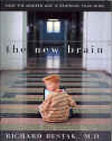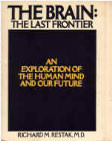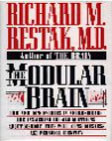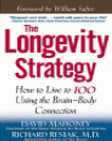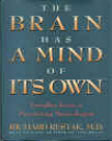
Preface to The Mind
The Mind is the brilliant successor to the highly acclaimed and best-selling book, The Brain . Based on a nine-part television series airing on public television nationwide, The Mind is a fascinating exploration of that crucial aspect of the self that makes human beings unique.
The search for the mind is the search for who we are. Those creations that are our greatest achievements-literature, art, music-are mind at its most sublime. Passion and reflection, thought and emotion, are aspects of the mind. Yet what mind is has remained mysterious until recently. The Mind takes a giant step beyond The Brain, which focused on the hardwareof the body, to that area where neuroscience and psychology meet. This book shows us how astonishing new findings offer the possibility at last of understanding what the mind is.
NEW TECHNOLOGIES: The PET scan has revolutionized brain study. Now it is literally possible to see---viabursts of electrical activity---what happens in the brain when we think. We not only see different aspects of thinking with these technologies, we see where they take place.
CONTROVERSIES: Both genetic and environmental factors affect aspects of mind such as depression, alcoholism, suicide and violence. Because of this, we face some ethical and moral dilemmas. How free are we? How much are we determined by forces we do not control? If a genetic factor is found to play a part in mental illness, such as manic depression, should individuals be tested for the factor? And if it is found, then what?
DEVELOPMENT: New findings about the fetal mind suggest those old wives' tales about influencing a baby in the womb are not nonsense after all. Studies indicate the fetus may learn in utero to recognize its mother's voice and have other perceptions of the outside world. How early does the mind develop?
THINKING: What happens when you see something in your "mind's eye?" When a word is caught on the "tip of your tongue?" What are the factors involved in thinking? Can these factors be identified and applied to other areas, such as computer science?
AGING: Like our bodies, our brains age. We can measure the progress of this process in the loss of neurons in the brain. How then--~in the absence of brain disease can one person of seventy be fully aware and creative, yet another person of the same age not remember which house is his?
DEPRESSION: Now, there is evidence of biochemical imbalances in manic depression, which medications often control. Does this mean this disease of the mind is a physical condition? How can physical malfunctions affect the mind? Is there a relationship between madness and creativity?
VIOLENCE: What takes place in the brain when a person explodes into a violent rage? Is he responsible for his act? What does science really know about violence? What happens when psychiatry and the law collide?
ADDICTION: Along with the body, the mind is susceptible to enslavement by drug addiction. What is the brain/mind connection that drives a person to get his next fix at any cost---even at the risk of freedom and life?
PAIN AND HEALING: Why does the placebo effect work? What part does the mind play in the functioning of the immune system and in overcoming disease? This is an exciting area of controversy, speculation and discovery.
Human beings have searched for the meaning of mind since earliest times, in myth and poetry, in philosophy and religion and in science. This lavishly illustrated book records that search--·the search for who we are.
